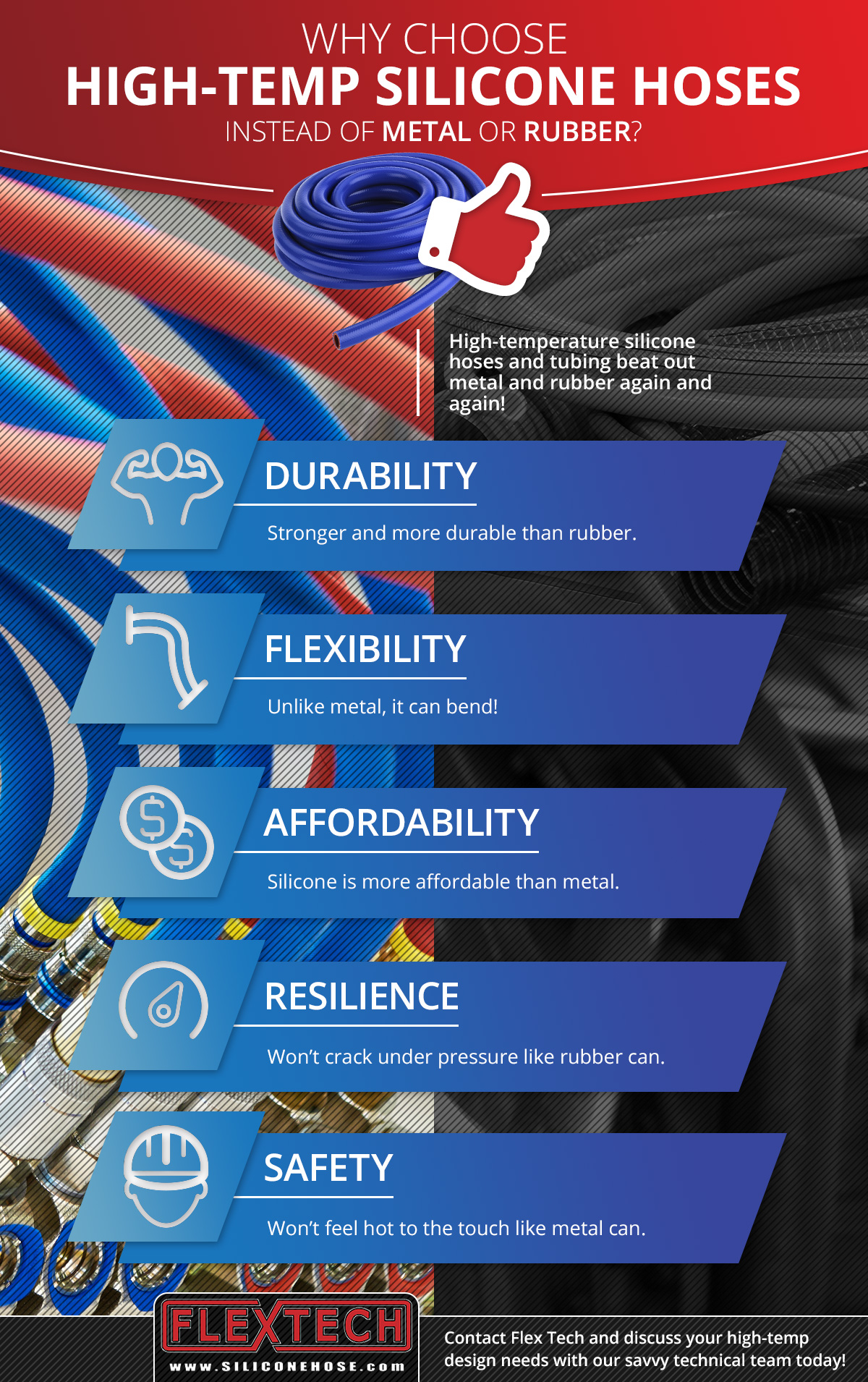
When you put on makeup, do you think about where it comes from and what it takes to create the beautiful colors you masterfully apply? Here are five things to know about cosmetics processing, whether you’re in the industry or you’re just curious about how your makeup is made.
Color Mixing Is Important
In the processing plant, one of the most important jobs that takes place is color mixing. The cosmetics industry regularly comes up with creative makeup colors with cool names, such as Pearl Spice, Blushing Peach, Frosty Sunrise, Passion Mauve, Lilac Glitter, and thousands of other creative monikers under the sun! What a fun job it would be to come up with these names, right?
Each name refers to a unique color that’s been carefully created in the lab, which then needs to be recreated in the processing plant. Matching the original color is important. Maintaining color and quality consistency in every batch is equally important. Customers expect a certain hue; if the color comes out dramatically different over time, the cosmetics company may lose some of its clientele (at the very least, its reputation will suffer).
To maintain credibility and keep customers happy, it’s important that the color mixing process in the manufacturing facility is both reliable and consistent. At Flex Tech, both our standard and custom silicone hoses can help achieve great results for all of our cosmetics manufacturing clients.
Animal Testing Is Quickly Becoming a Thing of the Past (Thankfully)
Thanks to the tireless efforts of compassionate people who believe there are better ways to test cosmetics than to put animals through pain and suffering, humans (resourceful creatures that we are) have come up with humane alternatives.
Cosmetics testing, of course, is important. As a customer, you don’t want to apply a product on your skin only to experience itching and burning. As a business owner, you don’t want to sell a product that will harm your customers. So testing is a must.
Organizations have developed ways to test cosmetics for safety and effectiveness without harming animals. One of these methods is in vitro testing, where testing is conducted on isolated human cells (providing a much better way of determining how human biology reacts to the product being developed). Some available tests use human blood cells to check for potentially dangerous contaminants in drugs and cosmetics.
Another effective way to perform cosmetics testing without the use of animals is through computer models. These in silico models use advanced computer-modeling techniques to determine the range of possible effects a new product would have on humans.
Not only are these test modalities effective, but they’re also less expensive to carry out, and they take less time to complete.
Purity Is Essential Throughout the Processing Steps
Because cosmetics are applied directly to the skin, purity is extremely important. Contaminants cannot enter the stream of ingredients being mixed and processed. As the manufacturer, you need to have reliable equipment that will protect ingredients against contamination.
Many of our clients use our custom and standard silicone hoses to maintain purity in their cosmetics product streams. Our silicone hoses are non-porous, flexible, inert, durable, and strong. They operate well in a wide range of temperatures and fluctuations, as well as in varying humidity levels, making them the ideal choice for sensitive processing that requires high levels of purity.
Allergies Need to Be Taken into Account
Another important consideration for cosmetics manufacturers are allergies and allergic reactions. This must be taken into account when considering what ingredients to use, including color additives.
The U.S. Food & Drug Administration has created extensive guidelines for color additives allowed in foods, drugs, cosmetics, and medical devices. Every cosmetics company, whether large or small, needs to be deeply familiar with these guidelines and requirements. Allergic reactions are one of the last things a cosmetics manufacturer wants their products to create! Whether you’re developing new nail polish or coming up with a new line of moisturizing mascara, be aware of what additives you can include, and avoid anything that could potentially develop allergic reactions.
Quality Needs to Be Maintained Over Time
Once you’ve mixed cosmetics in the processing plant, it’s important that these products last. When a person applies makeup, if the colors have separated or the quality has visibly degraded, the product will be thrown away, and you’ve probably just lost a customer.
In your test batches, check for color integrity and steadfastness in all of your cosmetics products. Color separation is disappointing and, quite frankly, unacceptable. Other unacceptable results include caking, sticking, clumping, clotting, and flaking. Always maintain high levels of product quality.
Our Custom Silicone Hoses Are Perfect for the Job
Flex Technologies supplies top-quality standard and custom silicone hoses to clients who require contaminant-free processing streams throughout all their manufacturing channels. These clients include cosmetics manufacturers, drug-making companies, food processing plants, water purification teams, and many others. There is no room for error in these processes, which makes our custom silicone hoses the right choice!
If you’re ready to learn more about why silicone hoses are the right products for cosmetics processing, get in touch with Flex Technologies. We can also assist you with other applications. That’s because our hoses are great for countless applications worldwide. Whether you’re building the perfect race car engine, opening a new microbrewery in your hometown, or developing a line of natural fragrances, our silicone hoses can be part of the solution you’re looking for!
Our technical teams are ready to answer all of your questions. Contact us today!

 Default Currency
Default Currency
 Mexican Pesos
Mexican Pesos
 Canadian Dollar
Canadian Dollar


